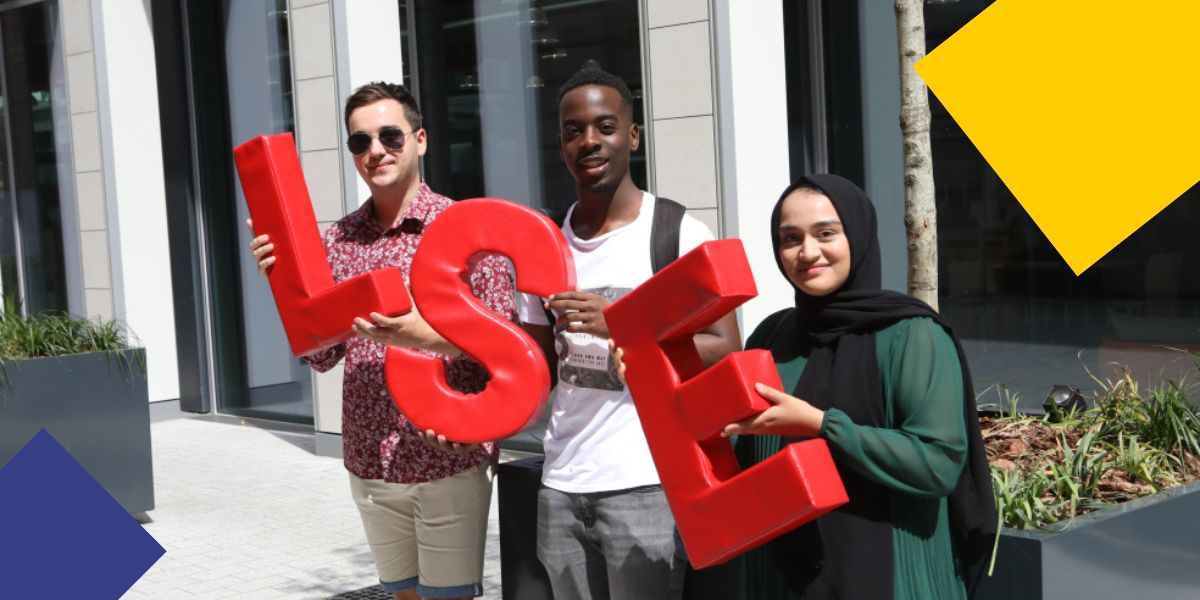Upon contemplating the possibility of pursuing a master’s degree, chances are that you might be in doubt about which programme to choose amongst a pool of different academic interests. But the truth is: it all comes down to commitment. “To what subject or field of expertise am I committed enough to write a dissertation about?” The answer to that question is bound to be enmeshed within a great area of knowledge with its own research agenda and scholars who will be able to back you up.
However, you might find yourself deeply interested in subjects that stray from the coursework of your undergraduate programme – so engaging with new disciplines during your master’s, as you can imagine, comes with particular challenges. This means learning a whole new theoretical grounding, being introduced to cornerstone thinkers within the new field, and even developing a complete different skills set in terms of methodological and epistemological approaches to research design. Of course, all of these might be challenging, but are surely far from being insurmountable. In fact, with the right mindset, straying from the core disciplines of your undergraduate programme can represent an opportunity for professional growth, academic fulfilment, and personal achievement. Take myself as an example.
Originally coming with a bachelor’s degree in International Relations from my home country, I am now a master’s student in the Department of Media and Communications at LSE. Unsurprisingly, most of my classmates have a journalism background. Some of them also have some professional experience working with public relations. But as far as I’m concerned, I’m the only internationalist in the department. The obvious downside to this is that sometimes I find myself alien to the common jargon amongst my peers or estranged to their particular academic interests. There is no denying that my backdrop in International Relations has played a large role in the shaping of my view on certain issues, thereafter influencing how I approach intelectual drills. For instance, within media studies, the standard unit of analysis for the researcher is usually the individual, as in one person. This individualised form can then take the shape of a user, a spectator, an interviewee, a citizen, and so on. Oftentimes, the focus might also fall upon groups of individuals and take the form of an audience, a focus group, a community or society altogether — all depending on the theories used to approach the issue at hand and the interest underlying the researcher’s work.
On the other hand, the big research questions in international relations are usually concerned with larger units of study. The nation-state, whole countries, economic blocs, or international organisations are common objects of study under the lenses of international relations enquiry. Therefore, it was a big paradigmatic shift to turn to units of analysis that are significantly “smaller” than the ones I was accustomed to from an IR perspective – i.e. focusing on the individual level rather than on the level of a whole country. However, having said that, it is important to stress that there are some upsides to this as well.
As soon as classes started I noticed that both fields have a lot more in common than what I had anticipated. Stemming from the larger social sciences, media studies hold a lot of insights with general theories that are also familiar to international relations. As it became rather evident, interdisciplinarity is key in the production of knowledge – be that of any kind. So a lot of the assumptions of one field are not alienated from the ones upheld in the other. There is a lot of interchange between media studies and international relations; complementarity even, I’d say. That means that all this new knowledge I’m tapping into can certainly grow on the shoulders of the previous knowledge I gathered from my undergraduate years. Hence, it all comes down to whether I am committed to make the most out of the new programme. In other words, it’s a question of sowing a personal achievement in the hopes of reaping both academic fulfilment and professional growth.





